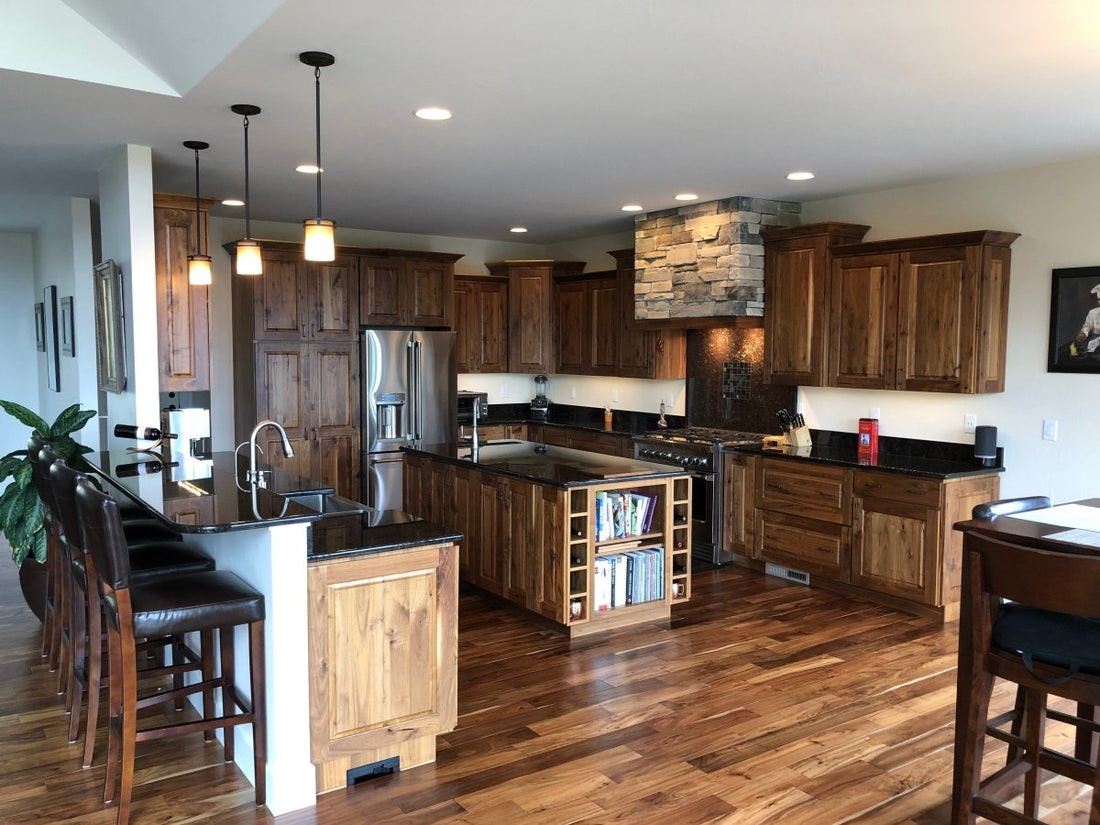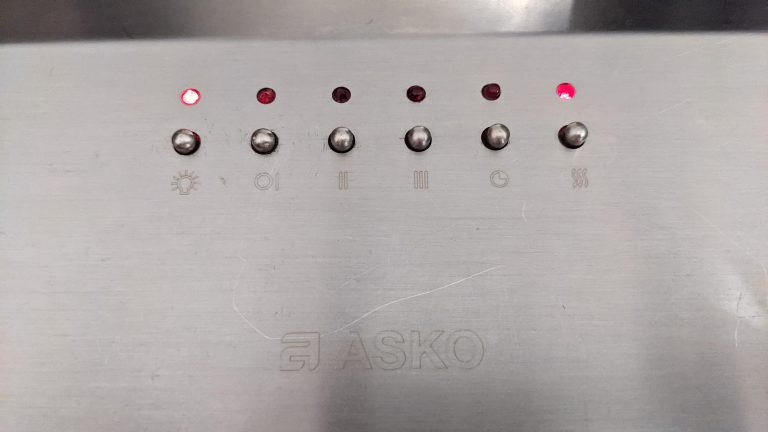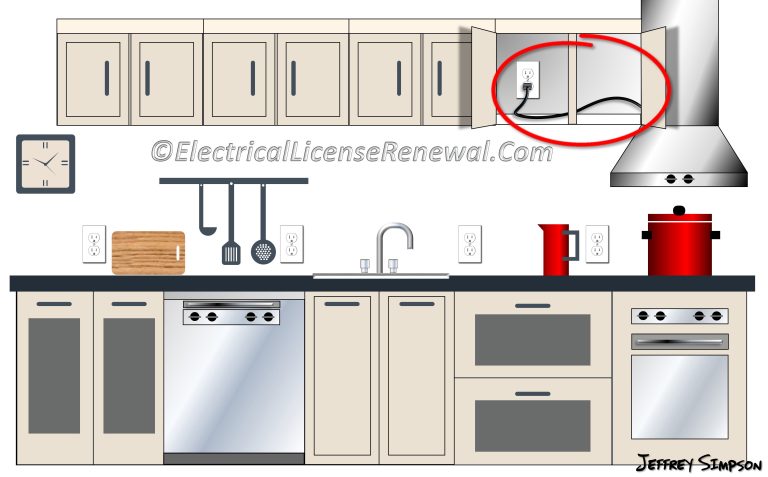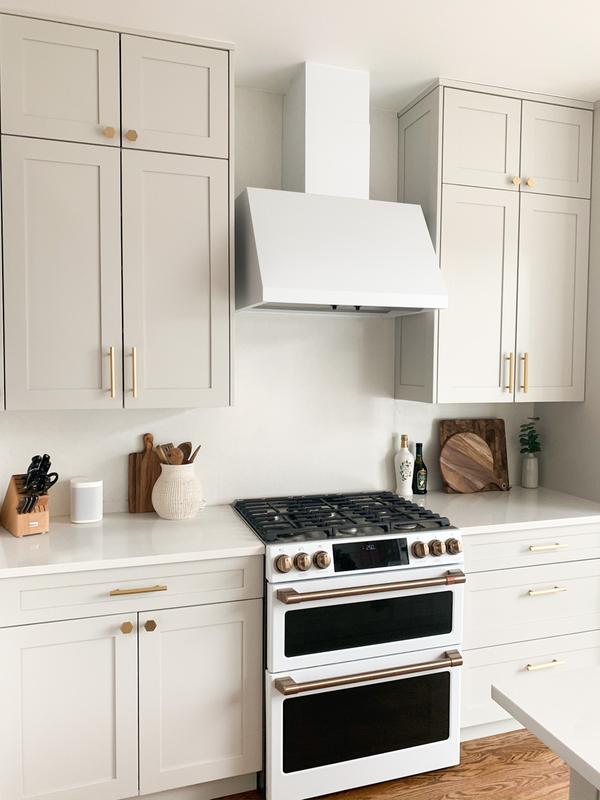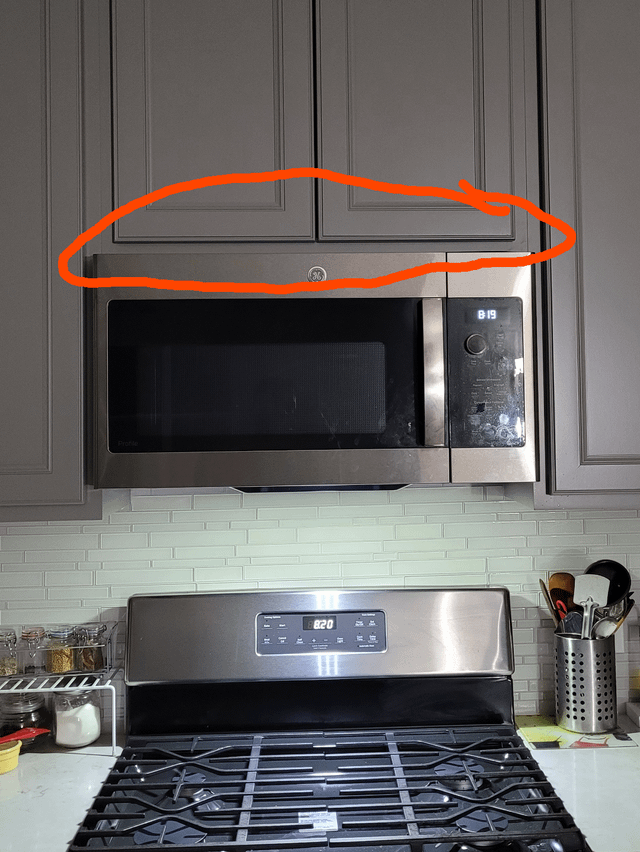Yes, 65 dB is considered moderately loud for a range hood. It may be noticeable and potentially disruptive in a quiet kitchen.
Range hoods are essential kitchen appliances that help remove smoke, odors, and grease. Their noise levels can significantly impact the cooking experience. Noise levels are measured in decibels (dB). A typical conversation is around 60 dB, so a range hood operating at 65 dB is noticeably louder.
Choosing a quieter model can enhance comfort and usability, especially in open-concept living spaces. Modern range hoods offer a variety of noise levels and features to suit different needs. Prioritizing a balance between efficiency and noise can lead to a more pleasant kitchen environment.
Introduction To Range Hood Noise Levels
Range hoods help keep your kitchen air clean. They remove smoke, odors, and grease. The noise level of a range hood matters. It can affect your cooking experience. A quiet kitchen is more pleasant.
Db stands for decibels. It is a unit to measure sound. A higher Db means a louder noise. A lower Db means a quieter noise. Normal conversation is around 60 Db. Knowing the Db of your range hood helps you choose the right one.
The noise level of a range hood is important. Loud noises can be annoying. A loud range hood can make it hard to talk. It can also disturb other activities. A quieter range hood makes cooking more enjoyable. It helps keep your kitchen a happy place.

Credit: www.homedepot.com
Understanding Decibel Levels
A range hood operating at 65 decibels is comparable to the noise level of a normal conversation. This sound level is generally considered moderate and not overly loud for kitchen environments.
Decibel Scale Explained
The decibel scale measures sound levels. A higher decibel means a louder sound. Zero decibels is the softest sound. Normal conversations are around 60 decibels. Sounds above 85 decibels can harm hearing.
Everyday Sounds Comparison
| Sound | Decibel Level |
|---|---|
| Whisper | 30 dB |
| Normal conversation | 60 dB |
| Busy traffic | 70 dB |
| Vacuum cleaner | 75 dB |
| Motorcycle | 95 dB |
Range Hood Functionality
Range hoods keep your kitchen air clean. They remove smoke, steam, and odors. This makes cooking more pleasant. They also help keep grease off surfaces. This means less cleaning for you. They are very important for kitchen safety and hygiene.
The fan is the main noise source. A powerful fan is often louder. The motor also plays a role. A high-speed motor makes more noise. Ductwork affects noise levels too. Short, straight ducts are quieter than long, bent ones. Materials of the hood matter as well. Heavy materials absorb sound better. Installation can influence noise. A properly installed hood is quieter.
Assessing 65 Db In Context
65 Db is louder than a normal conversation. It sounds like a busy street. You will notice it in a quiet kitchen. Some people may find it distracting. Others may not mind the noise at all.
Comfort in the kitchen is important. A loud range hood can be annoying. It can make it hard to talk. Cooking should be a pleasant experience. A quieter range hood can help.
Comparing Range Hood Noise Levels
Range hoods below 50 dB are very quiet. These models are ideal for open kitchens. You can easily have a conversation while cooking. They are perfect for families with young children. The noise level is similar to a quiet library. These hoods are generally more expensive. Investing in a quiet model can improve your cooking experience.
Range hoods above 70 dB are considered loud. These models are often more powerful. They are suitable for heavy cooking. Loud hoods can be disruptive in open kitchens. The noise level is similar to a busy street. They are usually cheaper than quieter models. Make sure to weigh the pros and cons before buying.

Credit: www.amazon.com
Factors Influencing Noise
Fan speed affects the noise level. Higher speeds usually make more noise. Lower speeds are quieter but may not remove smoke as well. Choose a speed that balances noise and effectiveness. Some range hoods have adjustable speeds for flexibility.
Installation quality impacts noise. Poorly installed hoods can rattle and vibrate. Proper installation ensures a snug fit and reduces noise. Use professional installation services for best results. Quality materials also help minimize sound levels.
Tips For Reducing Range Hood Noise
A well-installed range hood works better. It also makes less noise. Make sure the range hood is securely mounted. Loose parts create extra noise. Use soundproofing materials around the hood. This can reduce noise levels. Keep ducts short and straight. Long, twisted ducts make more noise. Ensure the vent is the right size. A wrong-sized vent causes noise.
Clean the filters regularly. Dirty filters make the fan work harder. This increases noise. Check the fan for any debris. Remove anything stuck in the fan. Lubricate the fan motor. A well-oiled motor runs quieter. Inspect the ducts for any blockages. Clear any obstructions to reduce noise. Replace worn-out parts. Old parts can be noisy.
Making An Informed Decision
Choosing the right range hood can be tricky. A noise level of 65 dB is about the same as normal conversation. Some people might find this too loud for their kitchen. Others might be okay with it. It’s important to consider where your kitchen is located. An open-plan kitchen might need a quieter model. Closed kitchens can handle a bit more noise.
Balance noise and performance for the best results. A powerful range hood can remove more smoke and odors. But, it might also be louder. Think about what matters most to you. Some models offer quiet operation with good performance. Look for these options if noise is a concern.
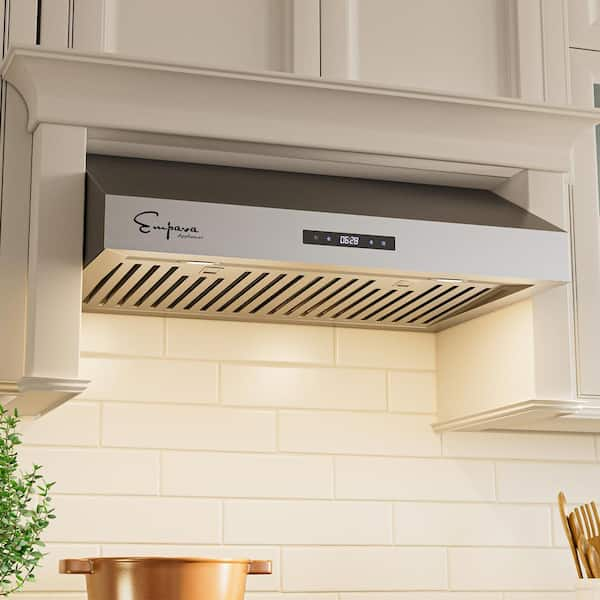
Credit: www.homedepot.com
Conclusion
Determining the noise level of 65 dB for a range hood depends on personal preference. Some find it tolerable, while others may not. Consider your kitchen’s acoustics and your noise tolerance. Always choose a range hood that balances performance and noise level for a comfortable cooking experience.
